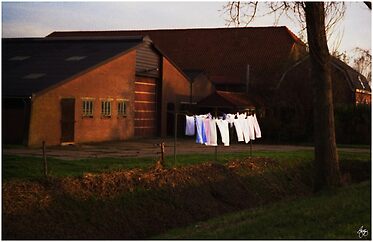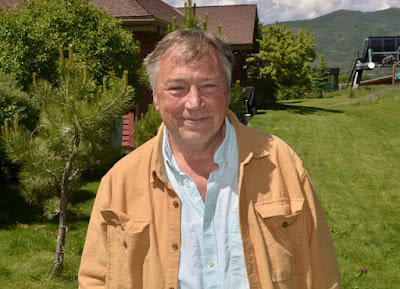Ep 88: Ranked Choice Voting - Why is it important and how will it change a divided democracy? Rep Ellen Read
Listen here:
https://feeds.podetize.com/6wSi0L1l7.mp3Representative Ellen Read of Newmarket has done a lot of thinking about how to heal the wounds that have afflicted our democracy recently. She is a tireless advocate of a shift to Ranked Choice Voting. And she is not afraid to speak her mind about the way that the current system benefits the leadership of both political parties while it ignores the opportunity to give citizens the chance to cast a meaningful vote in any one election.
She compares the gridlock that currently exists with the existing parties with a quote from a friend who was resigning from the leadership of Greenpeace. She asked him why he was leaving and his response was that Greenpeace was no longer concerned with saving the whales so much as it was concerned about keeping the whales endangered - because that was what kept them viable as an organization.
For example:
In a Presidential Primary a single candidate could feasibly win all of NH delegate votes with only 15% of the vote, leaving the other 85% of the voters in that election without a voice.
Military voters and ballots cast by expatriates living in another country actually have ranked-choice voting now in order not to disenfranchise them in the event of a runoff.
According to recent polling of Americans nearly ⅔ of Americans say our democracy is broken. Between the poisonous effects of special interest money, the deeply partisan divide, the purging of centrist voices in both parties, Negative campaigning, the tribalism and deep sense of antipathy and mistrust with which most Americans view their government.
Many people who have been engaged for years in public policy matters have stated that we have lost our ability to take on the big issues of the day because we have allowed Democracy to deteriorate and have disenfranchised citizens, sublimating our American voice, in the quest for power.
One symptom of the problems within our democracy are the number of elections won by candidates where they received 17, 20, 30% of the vote and won simply because the votes had been divided between multiple candidates - thus disenfranchising a majority of voters, leading to a deepening lack of confidence in our democratic system.
Ellen Read is a Democratic member of the New Hampshire House of Representatives, representing Rockingham 17. Read was first elected to the office on November 8, 2016 and re-elected again in the 2018, 2020 and 2022 elections.
After you have listened to this podcast, if you believe that Ranked Choice Voting can help to stem the tide of bitter partisanship and negative campaigning in our country and give us election results that more closely reflect the majority of voters, I urge you to contact your state Reps and Senators to let them know your feelings and encourage your friends to do the same. Believe me when I say that the two major parties often do not know what is in their own best interests and in the end they have a whole lot less influence on your Representative and Senators than we do if we speak out and stand together. , but only if only we speak out.
Produced at Anamaki Studios in Bath, NH. This land lies in N’dakinna, the traditional ancestral homeland of the Abenaki, Sokoki, Koasek, Pemigewasset, Pennacook and Wabanaki Peoples past and present. We acknowledge and honor with gratitude those who have stewarded N’dakinna throughout the generations.
.jpg)
 Daniel Webster was at the center of the great issues that defined his times. He was opposed to slavery, vehemently opposed the Indian Removal Act - that ended in the notorious and, illegal, Trail of Tears - with fellow congressman Davy Crockett; argued consistently for freedom of religion and the protection of religious minorities. Yet even today an ambivalence exists about him that reflects a judgment of him based on current standards.
Daniel Webster was at the center of the great issues that defined his times. He was opposed to slavery, vehemently opposed the Indian Removal Act - that ended in the notorious and, illegal, Trail of Tears - with fellow congressman Davy Crockett; argued consistently for freedom of religion and the protection of religious minorities. Yet even today an ambivalence exists about him that reflects a judgment of him based on current standards. 
%20Scott%20R.%20Kline%20_3K.jpg)









































